Planetary Science
-
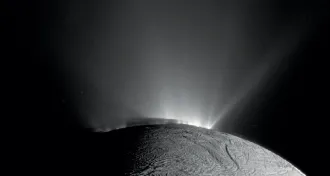 Planetary Science
Planetary ScienceYear in review: Global ocean spans Enceladus
NASA's Cassini spacecraft is offering the best evidence yet that Saturn's moon Enceladus could be a great place to search for extraterrestrial life.
-
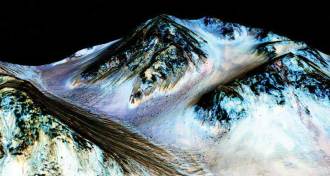 Planetary Science
Planetary ScienceYear in review: Best evidence yet for water on Mars
New data from the Mars Reconaissance Orbiter supported the presence of salty water on Mars.
-
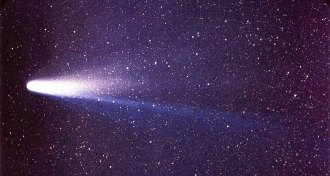 Planetary Science
Planetary ScienceComets-spewing-oxygen club gets new member
Halley’s comet becomes possibly the second comet known to be carting around oxygen buried since the formation of the solar system.
-
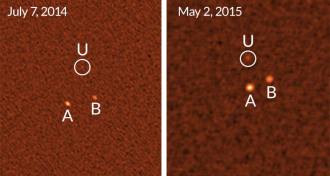 Planetary Science
Planetary ScienceIt’s a new planet! It’s an unknown star! It’s — oops!
A couple of unexpected wandering points of light in the sky could be new planets or even a dim star orbiting the sun, but researchers have plenty of reasons to be skeptical.
-
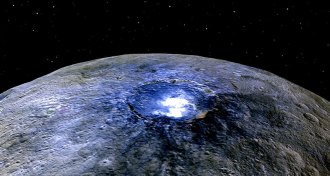 Planetary Science
Planetary ScienceSalty source of Ceres’ mysterious bright spots found
Bright spots on Ceres contain salts from a possible subsurface layer of ice while ammonia-rich minerals hint at building blocks incorporated from the far outer solar system.
-
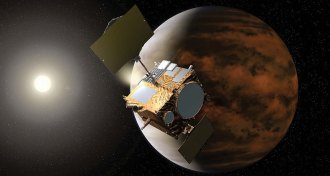 Planetary Science
Planetary ScienceJapanese spacecraft reaches Venus — five years late
The Japanese Space Agency’s Akatsuki spacecraft succeeded at a second attempt at orbiting Venus, five years after an engine failure prevented its intended mission.
-
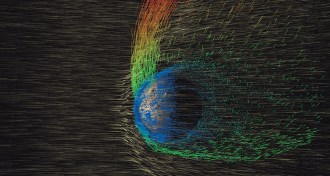 Planetary Science
Planetary ScienceA defenseless Mars is losing its atmosphere
Measurements of Mars’ atmosphere leaking into space could help scientists explain how the Red Planet lost its once life-friendly climate.
-
 Planetary Science
Planetary SciencePhobos to create ring around the Red Planet
Mars’ moon Phobos will shatter and create a temporary ring around Mars 20 million to 40 million years from now.
-
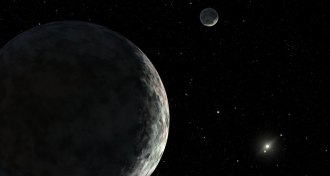 Planetary Science
Planetary ScienceWay-out world is solar system’s most distant object — for now
An icy world over 15 billion kilometers from the sun is the new record holder for most distant object in the solar system.
-
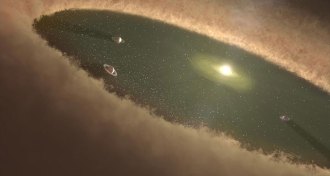 Planetary Science
Planetary ScienceGlimpse of baby planet shows what to expect when a star is expecting
A baby planet is still growing in the disk of gas that encircles a young star.
-
 Planetary Science
Planetary ScienceBright minds, antineutrinos and more reader feedback
In the November 28, 2015, issue of Science News, readers discussed humanizing science, frog mating calls, antineurtrinos and Martian dust storms.
-
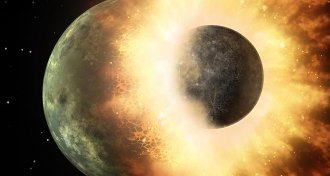 Planetary Science
Planetary ScienceTwo-stage process formed moon, simulations suggest
Certain elements absent from lunar samples but present on Earth might be hidden deep inside the moon, a relic from how it was put together.